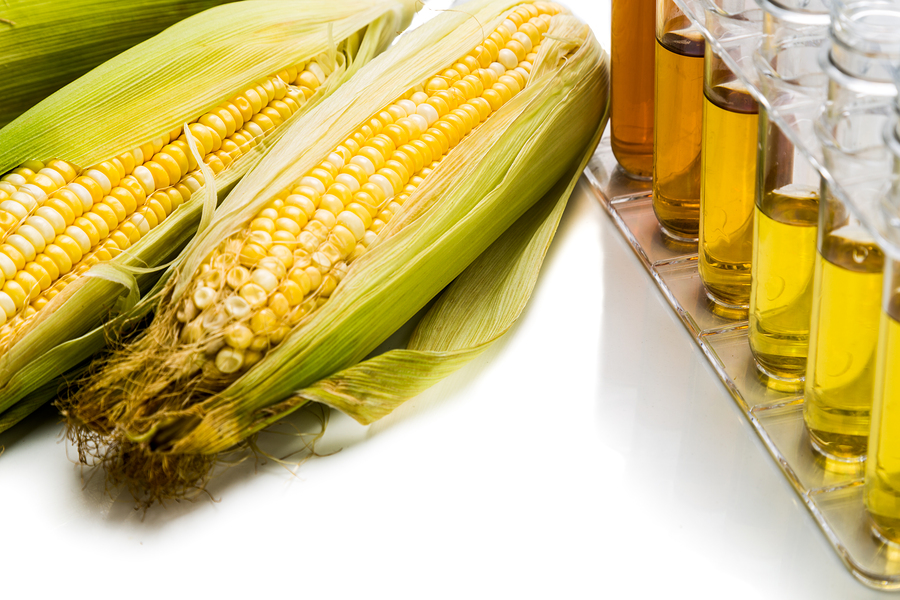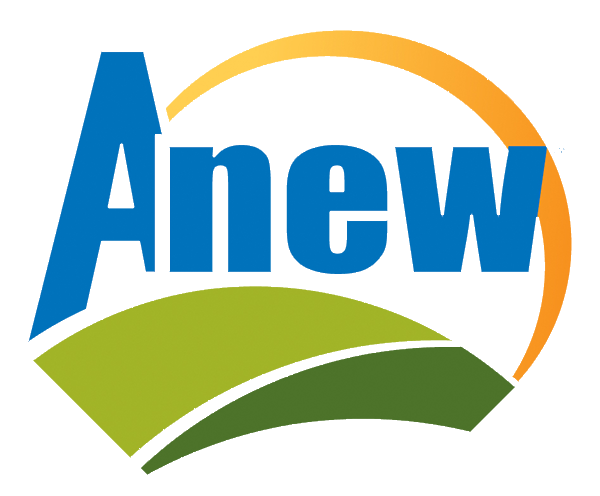
What is Ethanol?
Ethanol is a clean-burning, high-octane motor fuel that is produced from renewable sources.
At its most basic, ethanol is grain alcohol, produced from crops, such as corn. Because it is domestically produced, ethanol helps reduce America’s dependence upon foreign sources of energy.
Common Ethanol Blends
- Model Year (MY) 2001 and newer cars
- MY 2001 and newer light-duty trucks
- MY 2001 and newer medium-duty passenger vehicles (SUVs)
- All Flexible Fuel Vehicles (FFVs)
Note: it does not take a special vehicle to run on ethanol. All vehicles are “ethanol vehicles” and can use up to 10 percent ethanol with no modifications to the engine. Often people confuse E85 for ethanol, believing incorrectly that not all vehicles are ethanol-compatible.
Economy & Job Creation Benefits
The production and use of ethanol benefits our economy on all levels – local, state, and national. From the local communities where the crops are grown and processed to the metropolitan areas where drivers fill up with a domestically produced fuel, American-made ethanol propels the economy.
E85 in a non-FFV engine
The American Coalition for Ethanol has collaborated on research to examine the impact of using higher blends of ethanol in standard automobiles. A non flex-fuel 2001 Chevrolet Tahoe, which had traveled more than 100,000 miles almost exclusively on E85, was donated to research and was torn down to examine the fuel’s impact on the engine components.
View a brief video documenting this research.
Ethanol Industry Links
US Department of Energy: America’s Clean Fuel
Renewable Fuels Association
Growth Energy: America’s Clean Fuel
American Coalition for Ethanol
Fuel Economy.gov
National Biodiesel Board
Economy & Job Creation Benefits
Agriculture, Farmers & Rural Communities
Energy Security & Independence
Environment & Clean Air
Issue Briefs
Planet E85

